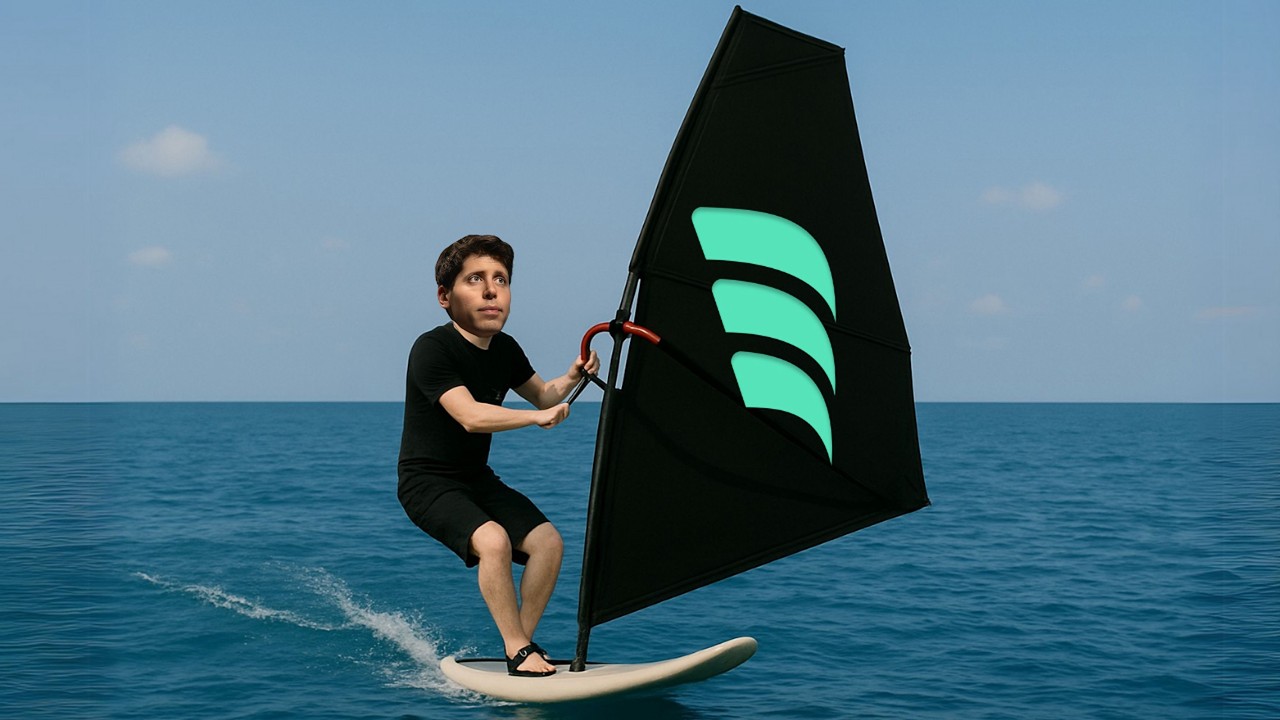The video explains that OpenAI’s acquisition of Windsurf is primarily aimed at gaining valuable real-world coding data and controlling the AI development pipeline to enhance their models and competitiveness. The speaker suggests that this move is more about data collection and ecosystem control than technological innovation or anti-competitive concerns.
The speaker discusses the recent news that OpenAI has acquired Windsurf, a code editor that emphasizes agentic, fast, and vibe-style coding. They find the move intriguing and speculate on OpenAI’s motivations, suggesting that Windsurf’s model-agnostic approach and focus on rapid, agentic coding align with OpenAI’s strategic goals. The acquisition appears to be driven by a desire to enhance data collection and improve their AI models, especially by gaining better insight into how prompts are transformed into outputs during coding tasks.
The primary advantage for OpenAI in buying Windsurf, according to the speaker, is access to valuable training data. By owning Windsurf, OpenAI can observe how their models’ outputs are modified and used in real-world coding scenarios, which provides rich, real-world data for training and refining their AI systems. This data-centric approach is seen as crucial for maintaining a competitive edge against rivals like Anthropic and Gemini. Additionally, owning Windsurf could help OpenAI monetize their technology more effectively by controlling the entire pipeline from prompt to output, reducing reliance on third-party tools and intermediaries.
The speaker also considers the implications for Windsurf itself, noting that while it claims to be model-agnostic, OpenAI will likely steer its development to favor their own models. They predict that OpenAI might restrict Windsurf’s compatibility or create exclusive features for their own use, making it more integrated with OpenAI’s ecosystem. This could lead to a less open environment, with OpenAI consolidating control over the tools and models used in coding, potentially limiting the flexibility that originally made Windsurf appealing.
Addressing concerns about anti-competitive practices, the speaker dismisses fears of lawsuits or monopolistic behavior, arguing that Windsurf’s market share is too small to warrant such actions. They believe OpenAI’s move is more about consolidating data and user access rather than creating a monopoly. The speaker also criticizes the idea that OpenAI would be worried about legal repercussions, emphasizing that the market is too fragmented for such concerns to be relevant in this context.
Finally, the speaker reflects on OpenAI’s tendency to boast about their top-tier programmers and models, questioning why they would need to acquire talent or technology if they already have access to top talent and advanced models. They suggest that the real reason for acquisitions is to quickly gain users and data, rather than solely to build new models from scratch. The overall conclusion is that OpenAI’s strategy is heavily focused on data acquisition and control, which they see as the key to improving AI performance and maintaining competitiveness, rather than purely technological innovation.
